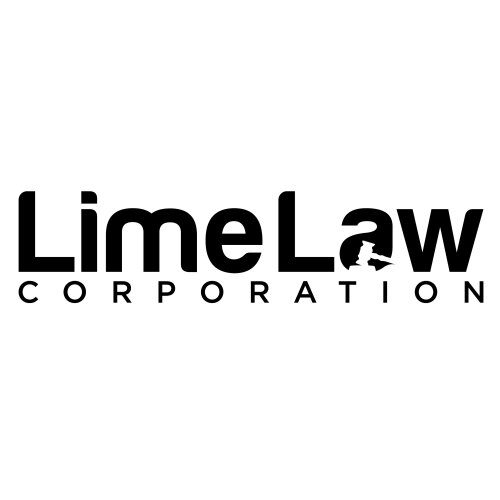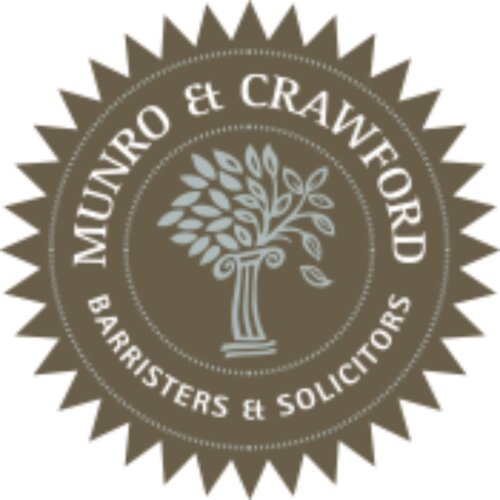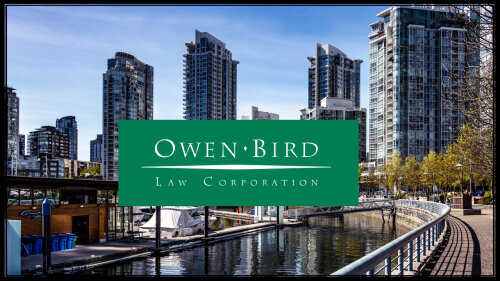Best Foreclosure Lawyers in Vancouver
Share your needs with us, get contacted by law firms.
Free. Takes 2 min.
Free Guide to Hiring a Real Estate Lawyer
List of the best lawyers in Vancouver, Canada
About Foreclosure Law in Vancouver, Canada
The foreclosure process in Vancouver, Canada is governed by the Law of British Columbia (BC). Foreclosure occurs when a borrower fails to maintain the mortgage payments for a property, leading the lender to start legal proceedings to seize and sell the property to recover the outstanding loan amount. It starts with the filing of a petition in the Supreme Court of BC followed by various stages, including issuing of the order of conduct of sale and eventually sale or redemption of property.
Why You May Need a Lawyer
Foreclosure proceedings can be complex and stressful. You might need a lawyer to help effectively negotiate with your lender, guide you through the legal process, and protect your rights. A lawyer can also educate you on the potential outcomes of the process. If you are interested in buying a foreclosed property, legal consultation would be wise to ensure you understand the risks and potential issues.
Local Laws Overview
The BC Property Law Act primarily influences foreclosure laws in Vancouver. When a borrower defaults, the lender may opt for either a judicial sale or a foreclosure. In a judicial sale, the court is involved throughout the process, and the property is sold through a public auction. Foreclosure proceedings, however, result in the lender owning the property. Vancouver law requires the lender to apply to the court to gain permission to sell the property, ensuring that the borrower's rights are protected.
Frequently Asked Questions
What is a redemption period?
The redemption period is a time frame given to the borrower to clear their debt and stop the foreclosure process. In BC, the redemption period is usually six months but can be a year or more, depending on the case circumstances.
Can the foreclosure process be stopped?
Yes, foreclosure proceedings can be stopped if the borrower manages to pay off the arrears during the redemption period or if the conditions of the Order of Conduct of Sale are satisfied.
What happens to the excess cash after the property is sold?
After a foreclosure sale, the proceeds are used first to repay the outstanding mortgage and associated fees. Any excess money is returned to the borrower unless there are other liens or claims against the property.
Can I remain in the property during the foreclosure process?
Yes, you are legally entitled to remain in the property until a court has made an Order for Possession, although you are responsible for maintaining the property during this period.
How does foreclosure affect my credit?
Foreclosure significantly impacts your credit score as it's considered a severe form of default on a loan. It may hinder your ability to obtain credit in the future.
Additional Resources
BC Law Institute, the Legal Services Society of BC, and the Vancouver Bar Association are some resources that offer free or low-cost advice and information on foreclosure laws.
Next Steps
If you are facing the threat of foreclosure, it's crucial to seek legal advice early. Contact a lawyer who specializes in real estate law or a mortgage professional. Further, you can also approach the above-mentioned resources for support and guidance. Foreclosure can have serious implications, and therefore it's paramount that you understand your rights and obligations during this process.
Lawzana helps you find the best lawyers and law firms in Vancouver through a curated and pre-screened list of qualified legal professionals. Our platform offers rankings and detailed profiles of attorneys and law firms, allowing you to compare based on practice areas, including Foreclosure, experience, and client feedback.
Each profile includes a description of the firm's areas of practice, client reviews, team members and partners, year of establishment, spoken languages, office locations, contact information, social media presence, and any published articles or resources. Most firms on our platform speak English and are experienced in both local and international legal matters.
Get a quote from top-rated law firms in Vancouver, Canada — quickly, securely, and without unnecessary hassle.
Disclaimer:
The information provided on this page is for general informational purposes only and does not constitute legal advice. While we strive to ensure the accuracy and relevance of the content, legal information may change over time, and interpretations of the law can vary. You should always consult with a qualified legal professional for advice specific to your situation.
We disclaim all liability for actions taken or not taken based on the content of this page. If you believe any information is incorrect or outdated, please contact us, and we will review and update it where appropriate.














